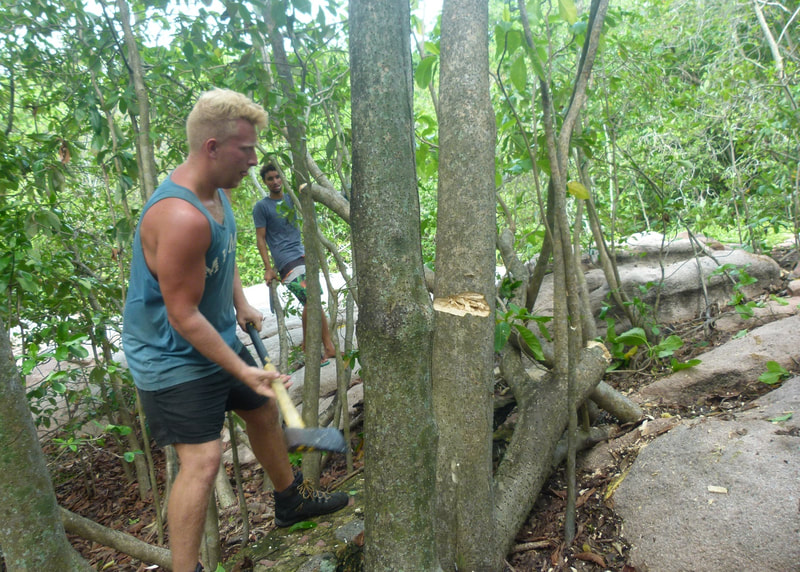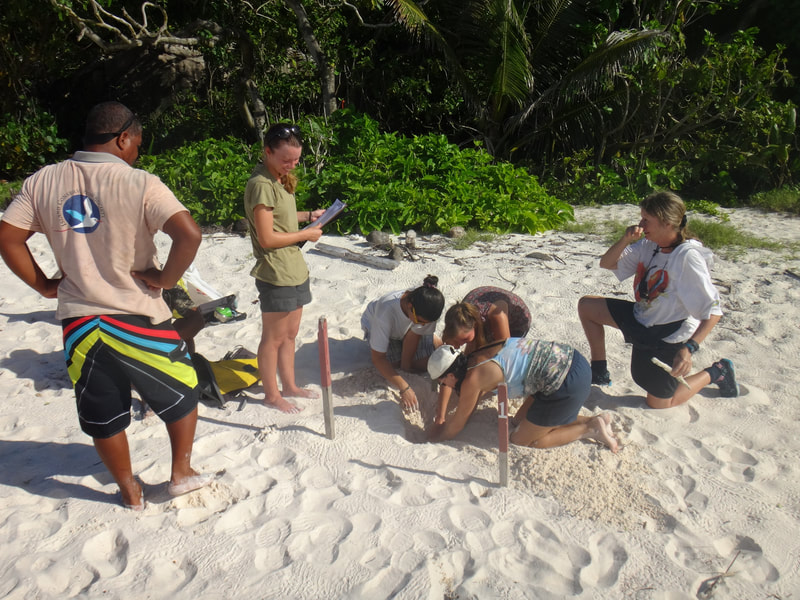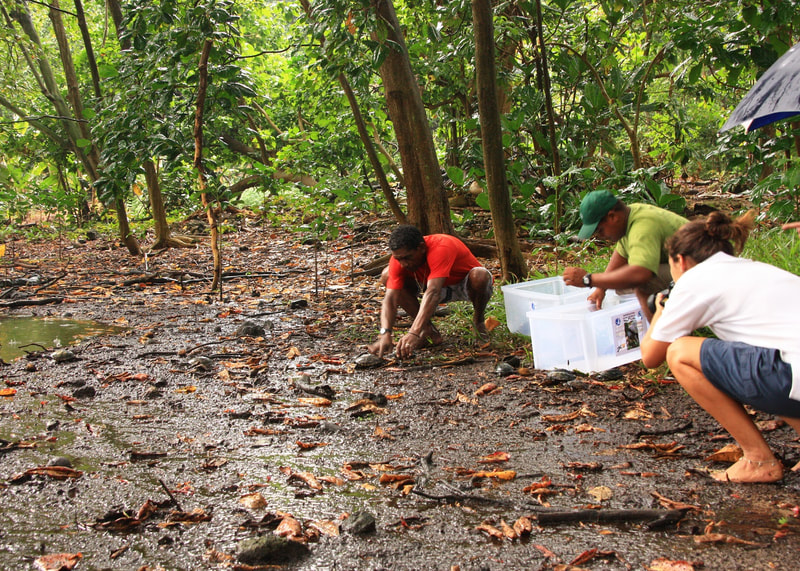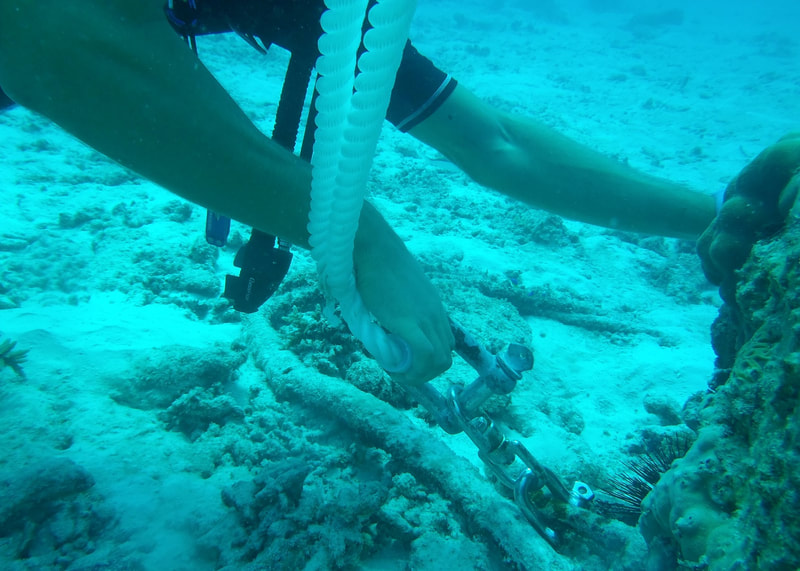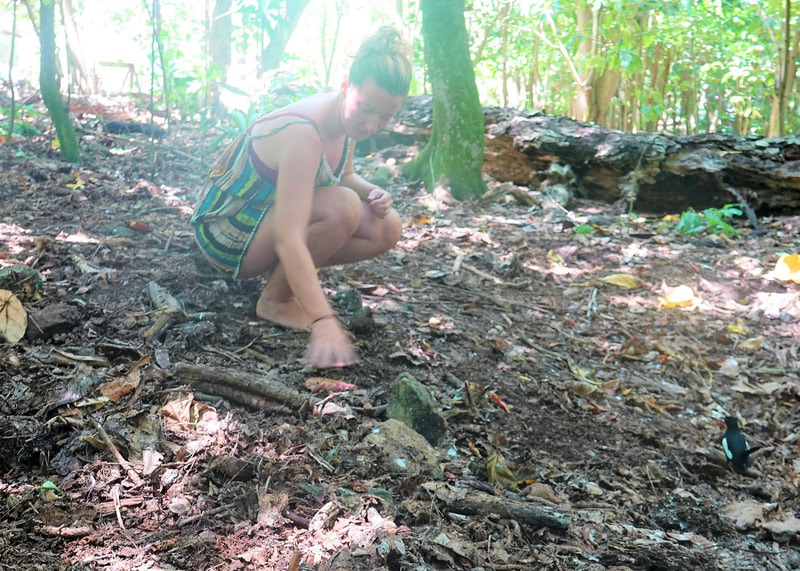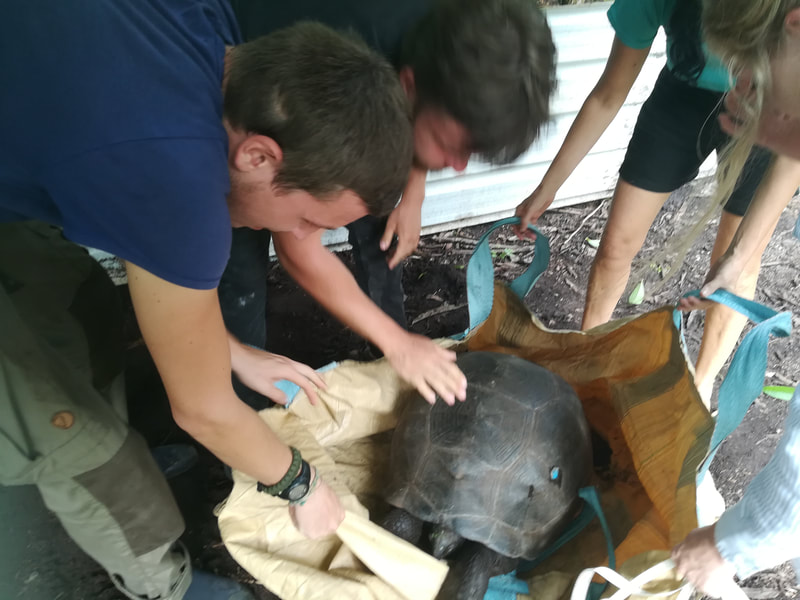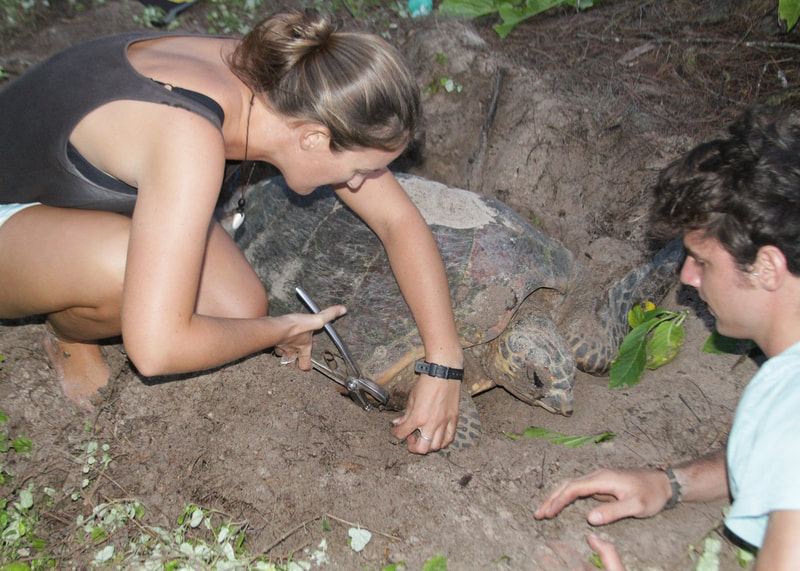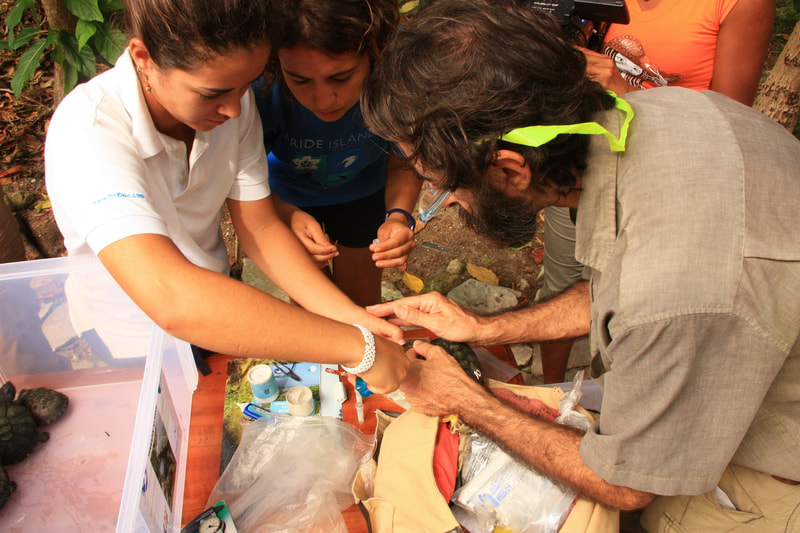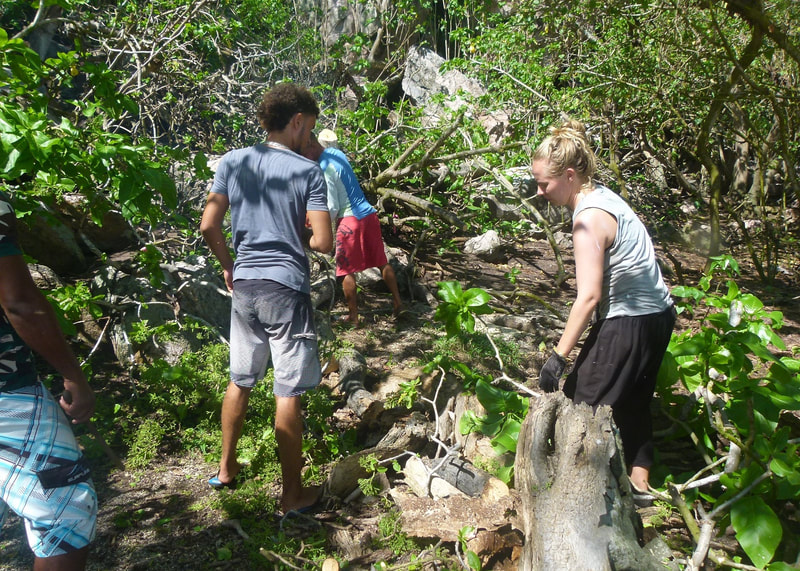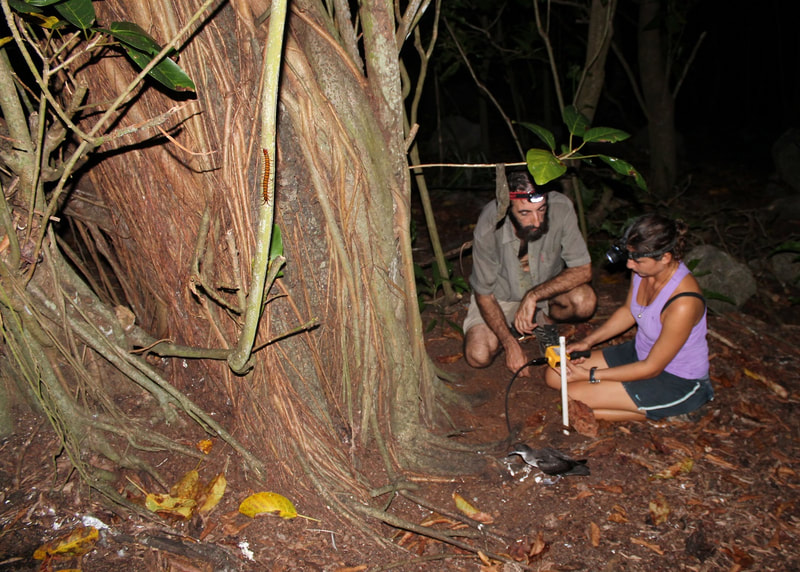Protecting Wildlife: Our Vision
“That Aride's exceptionally rich terrestrial and marine wildlife is conserved for future generations through effective protection and science-based management promoting the conservation of globally important animal and plant populations, recovery of rare species, and ecosystem restoration”.
Aride Management Plan 2020-2025
Aride Management Plan 2020-2025
|
STRATEGIC GOALS:
|
Legal Protection
Aride Island was given Special Reserve Status in 1975. Specific regulations were defined by the Aride Island Special Reserve Regulations, 1979. The regulations make it unlawful to kill or disturb all living things and their habitats, an offence punishable by a fine or imprisonment. Introduction of plants and animals, littering, pollution, introduction of weapons or devices for killing wildlife and lighting of fires are also all offences punishable by a fine or imprisonment. The regulations also permit closure of any part of the reserve to public access or on certain days and the right to impose fees for reserve entry or other activities. The protected area extended to 200 metres from the high tide line since 1979, which was extended to 1 kilometre under the National Parks and Nature Conservancy (Aride Island) Special Reserve (Designation) Order, 2018.
Poaching Activities
Unfortunately, most seabird populations in Seychelles are in decline including at protected islands and poaching is undoubtedly a contributory factor. Attitudes towards conservation have changed dramatically for the better since Aride Island was first protected. However, poaching is an on-going problem. The greatest pressure comes during the Sooty Tern egg season, from late May to July, when boats visit mainly from Praslin to collect eggs and adult birds. Shearwaters are also a target; sacks of birds are often taken, their wings snapped off. The poaching of octopus and harvesting of sea cucumbers from within the reserve boundary is also problematic. Regular boat patrols, bird counts and watches at landing places are deterrents but most poachers act with impunity, in the belief there will be no serious enforcement of the law. The Ministry of Environment are very supportive and Seychelles Coastguard patrols help deter poachers, but despite this, convictions are rare. School visits to Aride from Praslin and La Digue are encouraged to educate the young, but old attitudes die hard. Another problem is the illegal disturbance of the frigatebird colonies around the north and eastern side of the island by drivers of tourist boats. This occurs all year-round and involves banging and shouting to disturb the birds, in order for clients to get photographs of birds in flight. ICS staff will approach, take photographs and caution offenders, compiling reports. See Snowden E. (13 November 2020) Poaching activity on Aride continues to threaten key species. Seychelles Nation.
